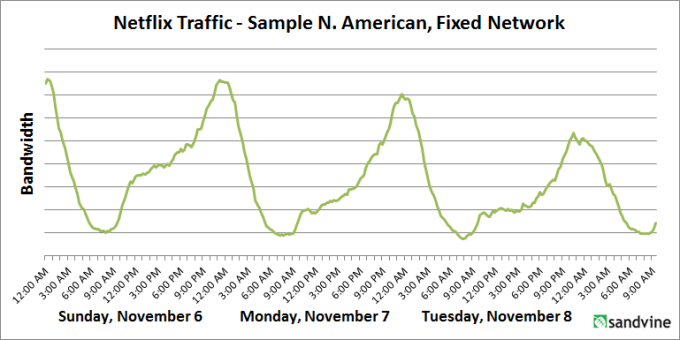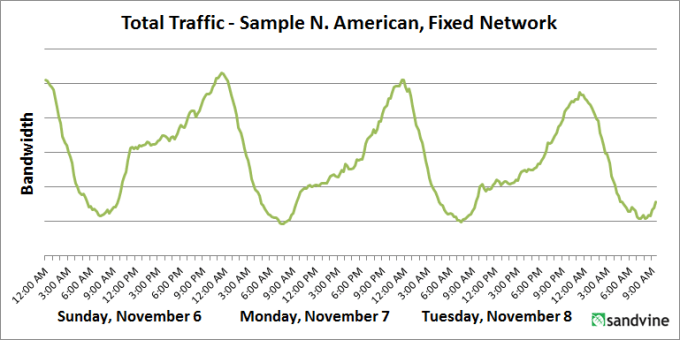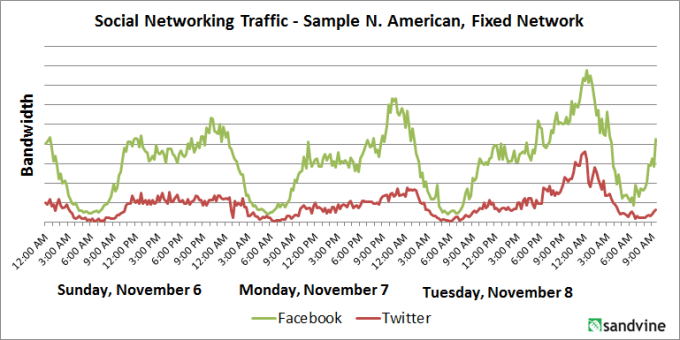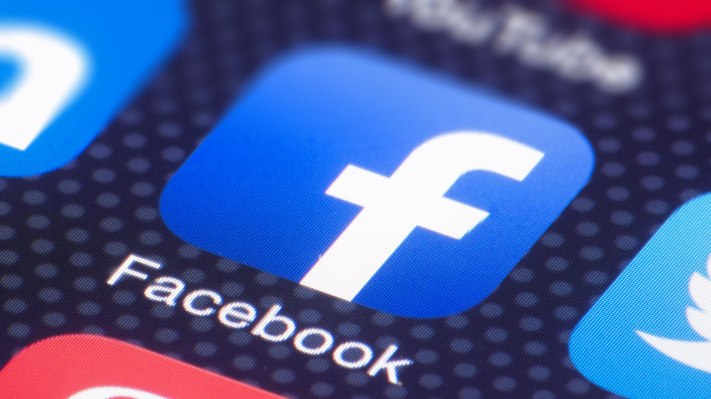Social media usage spiked on election night in America, but overall, internet traffic was down – likely the result of people tuning in to watch election coverage on television, instead of online. In addition, Facebook saw an increase of almost 30% on Tuesday night, while Twitter traffic more than doubled, according to new data published by broadband network company Sandvine this morning, which tracked the impact the election had on internet usage.
Meanwhile, Netflix – which is typically the largest source of internet traffic in North America – saw a huge decline. Its traffic levels dropped by 25% compared with the previous day. However, Sandvine believes that those levels will return to normal tonight.
The findings are based on a sample of U.S. fixed access network on the East Coast that has been fairly representative of national traffic in the past, notes Sandvine. But these figures are still preliminary for the time being, and may be updated later in the day.

Also during election night, total peak internet traffic was down by roughly 15% as people watched the results, instead of surfing the web, as usual.
This figure also speaks to the fact that when it comes to following breaking news across the U.S., many are still turning to television over web news sources, live streams, and online TV services.

That being said, even when web surfing is down, people were using their “second screens,” like tablets and smartphones, to engage with the news they were watching. The spikes in social media usage came from people reading and sharing their thoughts and feelings about the election across sites like Facebook and Twitter.

These metrics indicate the larger role that social media platforms have on today’s web: they are increasingly the portals where users are getting their information when they’re online. They are places where news – and fake, viral, clickbait masquerading as news – also spreads.
In fact, almost half of adults get news on Facebook, a report from earlier this year said.
This has led to some questioning whether or not these networks have a responsibility to act more like media organizations, in terms of cutting down on the spread of disinformation. Given the amount of fake news stories that circulated on Facebook during this election cycle, it’s hard to ignore the impact Facebook’s decision on the matter had on American politics.
